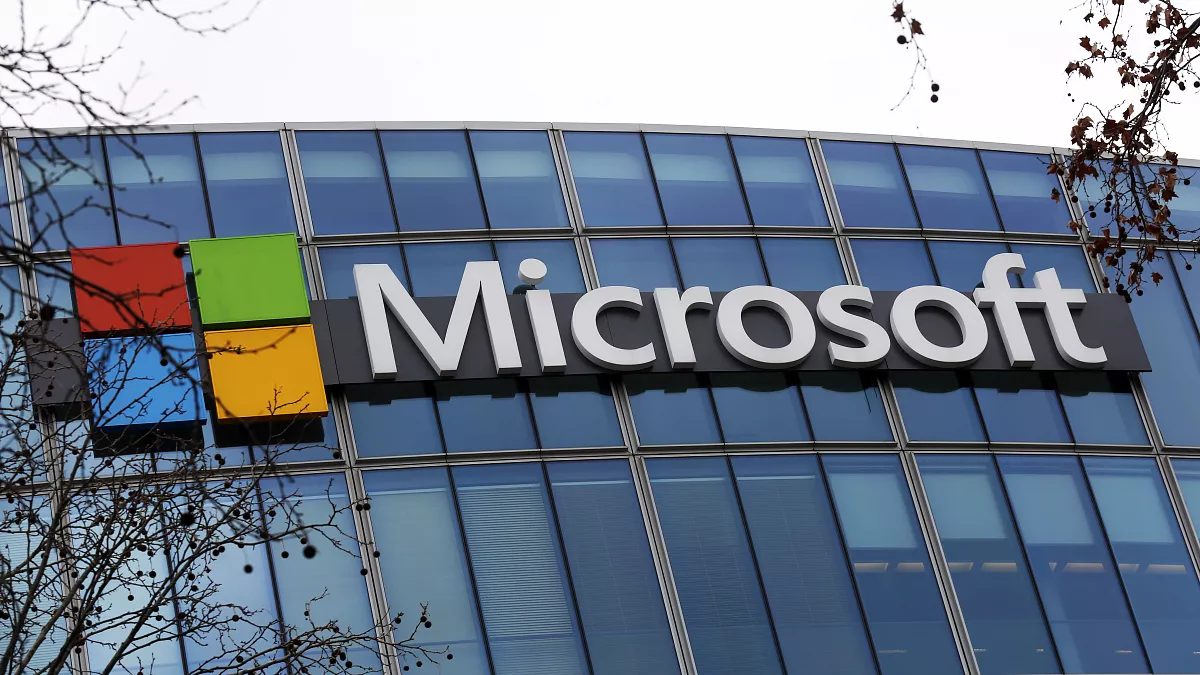Is The EU Going Too Far With Its Antitrust Violations Against Microsoft?

The European Union (EU) has once again set its sights on Microsoft, accusing the tech giant of anti-competitive behaviour. This time, the focus is on the bundling of Microsoft Teams with its Office suite, raising questions about the balance between innovation and fair competition in the tech sector.
The Core of the Complaint
The European Commission, the EU's executive arm, has formally charged Microsoft with giving its Teams video conferencing app an "undue advantage" by packaging it with the widely used Office suite. This practice, they argue, potentially harms competitors such as Slack and Zoom in the communication tools market.
Historical Context
This isn't the first time Microsoft has faced antitrust scrutiny from the EU. Over two decades ago, the company was embroiled in a landmark case centred on the bundling of its Windows operating system with other software products. The current situation echoes those past concerns, highlighting the ongoing challenges in regulating tech giants.
Microsoft's Response and Concessions
In an attempt to address these concerns, Microsoft has already taken steps to unbundle Teams from Office in Europe. Brad Smith, Microsoft's president, expressed the company's willingness to find solutions to the Commission's remaining concerns. However, EU officials have indicated that these measures may not be sufficient to allay their competition worries.
Potential Consequences
If found in violation of EU competition rules, Microsoft could face significant penalties. The Commission has the power to impose fines of up to 10% of a company's annual global revenue, a substantial sum for a corporation of Microsoft's size.
Broader Implications for the Tech Industry
This case is part of a larger trend of increased regulatory scrutiny on Big Tech companies in the EU. Recent actions against Apple regarding its App Store practices underscore the Commission's commitment to maintaining competitive digital markets. The outcome of the Microsoft case could set important precedents for how tech companies bundle and integrate their services.
The Balancing Act
The crux of the matter lies in balancing innovation and consumer convenience against fair competition. While bundling services can offer seamless integration and improved user experience, it may also stifle competition and limit consumer choice. The challenge for regulators is to foster an environment that encourages innovation while ensuring a level playing field for all market participants.
Looking Ahead
As the investigation progresses, Microsoft will have the opportunity to respond to the charges and potentially negotiate a settlement. The company's approach to this case could influence how other tech giants navigate similar regulatory challenges in the future.
The Bigger Picture
This case is not occurring in isolation. Microsoft is also facing scrutiny over its partnerships in the AI sector, particularly its collaboration with OpenAI. Additionally, there are ongoing investigations into the company's cloud computing practices. These multiple fronts of regulatory attention highlight the complex landscape that large tech companies must navigate in today's global market.
In conclusion, while the EU's actions against Microsoft may seem aggressive to some, they reflect a broader concern about maintaining competitive markets in the fast-evolving tech sector. As the case unfolds, it will undoubtedly spark further debate about the appropriate balance between regulation and innovation in the digital age. The outcome could have far-reaching implications not just for Microsoft, but for the entire tech industry and its approach to product integration and market competition.
World Liberty Seeks Federal Trust Charter
World Liberty Financial, the crypto venture backed by the Trump family, has applied for a US national bank trust charter... Read more
Saudi Banks Tap Overseas Markets
Saudi Arabia’s banks are borrowing from international markets at their fastest pace on record, as lenders try to squar... Read more
Amazon Continues To Cut 16000 Gone
Amazon has announced plans to cut a further 16,000 roles from its corporate workforce, extending the cost and organisati... Read more
The UK May Have A Voice In Ai
Europe’s AI sector has grown accustomed to playing catch-up. Capital has flowed more slowly than in Silicon Valley, va... Read more
Musk Applies Pressure To BT
Britain’s broadband market has spent the past decade locked in a familiar pattern. Incumbents invested heavily in fibr... Read more
Blackrock Sees EMEA Moving Into Private Assets
BlackRock has warned that investors across Europe, the Middle East and Africa are reshaping portfolios in response to wh... Read more

